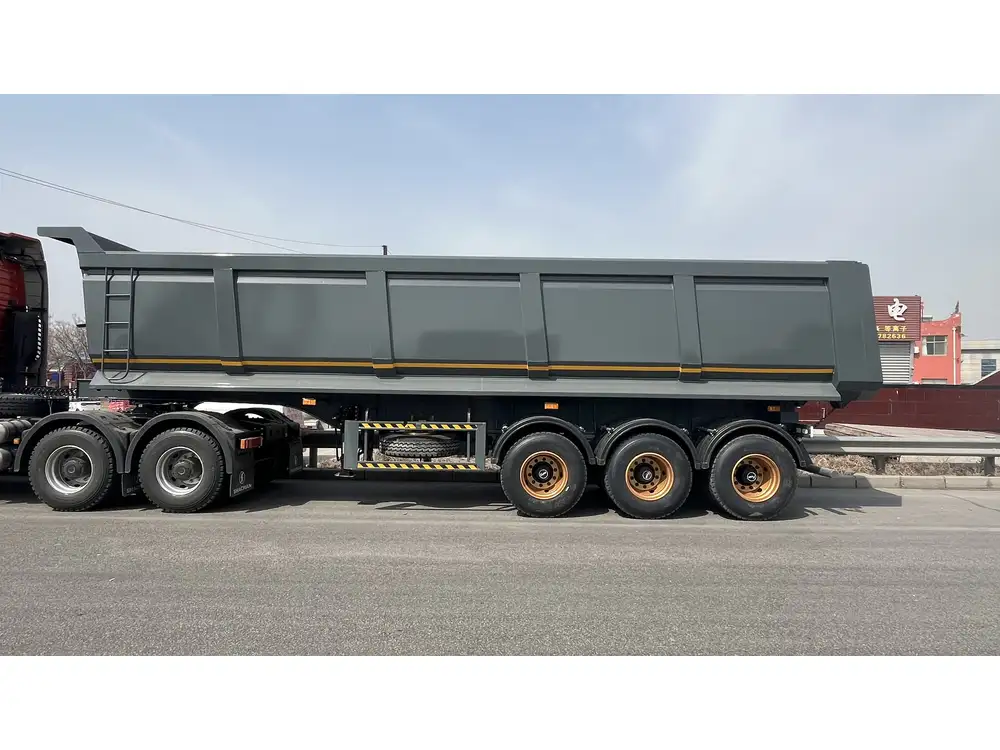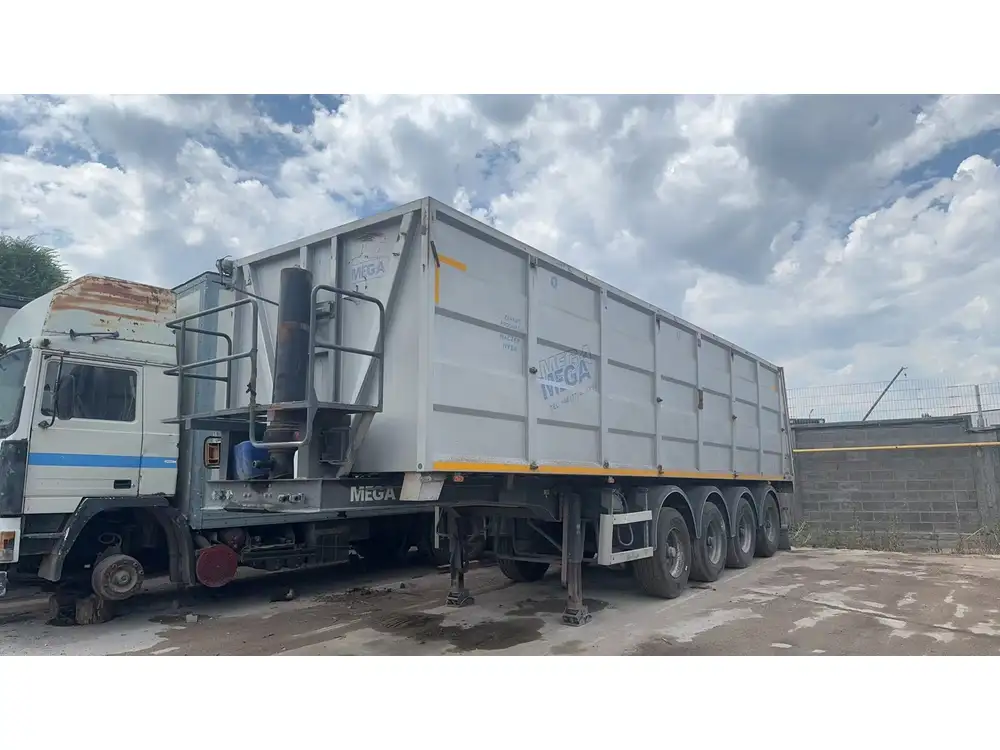When embarking on an adventure with a travel trailer, understanding the interplay between various energy sources is essential. One pertinent question that arises among travel trailer enthusiasts is: Does electric run with a propane tank on your travel trailer? This article delves deep into the dynamic relationship between electric systems and propane tanks in travel trailers, providing insights that can help enhance your camping experience.
1. The Basics of Energy Sources in Travel Trailers
A travel trailer typically operates on various energy sources, primarily including electrical power and propane. Each of these serves specific roles, and understanding their functions is crucial.
1.1 Electric Power in Travel Trailers
Electricity in travel trailers is generally derived from two primary sources:
- 12-Volt Battery System: This system powers essential components like lights, water pumps, and small appliances when you’re on the go or camping off-grid.
- Shore Power Connection: When parked in campgrounds, travel trailers can connect to an external power source, providing higher voltage (120V) for larger appliances and comforts like air conditioning.

1.2 Propane as a Fuel Source
Propane serves as a versatile fuel source for various appliances:
- Refrigerators: Some models offer dual fuel options (electric and propane).
- Water Heaters: Efficient heating for showers and washing dishes.
- Stoves and Ovens: For on-the-go cooking needs.
Both energy sources are essential, but their coexistence might raise questions regarding functionality.
2. Can Electric Components Operate with a Propane Tank?
The short answer is yes. However, understanding the interplay between the two requires a closer look at their functionalities.
2.1 How Propane and Electric Systems Work Together
In many travel trailers, electric and propane systems can complement each other. For instance:
| Component | Functionality with Propane | Functionality with Electricity |
|---|---|---|
| Refrigerator | Operates on propane | Operates on 12V or 120V |
| Water Heater | Heats water efficiently | Requires 12V or 120V for electric models |
| Furnace | Uses propane for heating | Some models require electric ignition |
| Cooking Appliances | Operated entirely on propane | N/A |

2.2 Propane-Dependent Appliances
Certain appliances are designed to operate exclusively on propane, particularly:
- Traditional Stoves: These do not require electrical power.
- Propane Heaters: Some heaters designed for travel trailers rely solely on propane for operation.
2.3 Dual-Fuel Appliances
Many modern appliances are equipped to operate on both propane and electricity. Understanding their specifications allows for versatile power management in your travel trailer.
2.4 Efficiency and Usage Tips
Utilizing both power sources efficiently can ensure a more enjoyable and stress-free camping experience:
- Planning Trips: Assess energy needs based on appliance usage.
- Battery Maintenance: Regularly check the 12V battery and prop tanks before long trips.
- Monitoring Consumption: Integrate a monitoring system to track power consumption.

3. Transitioning Between Power Sources
Considering that travel trailers often transition between using propane and electric power, understanding how this switch impacts performance is vital.
3.1 Transitioning Appliances from Propane to Electric
- Refrigerator Settings: When shifting from propane to an electric supply, ensure settings are reconfigured to allow the refrigerator to start properly.
- Water Heaters: Switching the source may require simple adjustments in the thermostat settings.
3.2 Troubleshooting Power Issues
Power issues may arise when transitioning between systems. Common problems include:
- Inconsistent Heating: Appliances may struggle initially to reach desired temperatures.
- Battery Drainage: High-energy appliances may draw more from the 12V battery than anticipated, particularly during the transition period.

4. Assessing User Intent and Common Questions
4.1 Key User Queries
Understanding user issues often leads to deeper questions. Here are common inquiries related to electric and propane functionalities:
- What appliances can operate on both propane and electric?
- How do I determine my energy consumption needs?
- What are the maintenance tips for propane and electric systems?
- How long can a battery last while running on electric only?
4.2 Addressing Concerns Related to Compatibility
Compatibility between electric and propane systems raises concerns for many users. Addressing these issues effectively enhances user experience and boosts conversion potential:
- Compatibility Checks: Ensure appliances are rated for dual-fuel usage where applicable.
- Consult Manufacturer Guidelines: Adhere to guidelines for optimal performance and maintenance.

5. Enhancing Your Travel Trailer’s Energy Efficiency
Being mindful of energy consumption and enhancing the overall efficiency of your travel trailer can lead to a remarkable camping experience.
5.1 Implement Energy-Saving Practices
| Practice | Description | Impact |
|---|---|---|
| Use LED Lighting | Replace incandescent bulbs with LEDs | Lower power consumption |
| Solar Panel Installation | Complement battery power with solar panels | Reduce reliance on generators |
| Regular Inspections | Ensure propane tanks and lines are leak-free | Optimize system performance |
5.2 Remote Energy Monitoring
Invest in smart monitoring systems that track energy consumption in real-time. This proactive approach can lead to better decisions and an improved camping experience.

6. Conclusion: A Harmonious Energy Approach
Understanding the roles of electric and propane systems in travel trailers allows users to enjoy a more fulfilling and seamless camping experience. By distinguishing between what each power source offers, you can make informed decisions regarding appliance usage and energy consumption.
In conclusion, yes, electric power does run with a propane tank on your travel trailer, and knowing how to manage these systems effectively can enhance your adventures on the road. By considering the interplay between these energy sources, addressing potential issues, and adopting effective usage strategies, you can optimize the performance of your travel trailer, ensuring every trip is memorable and comfortable.



